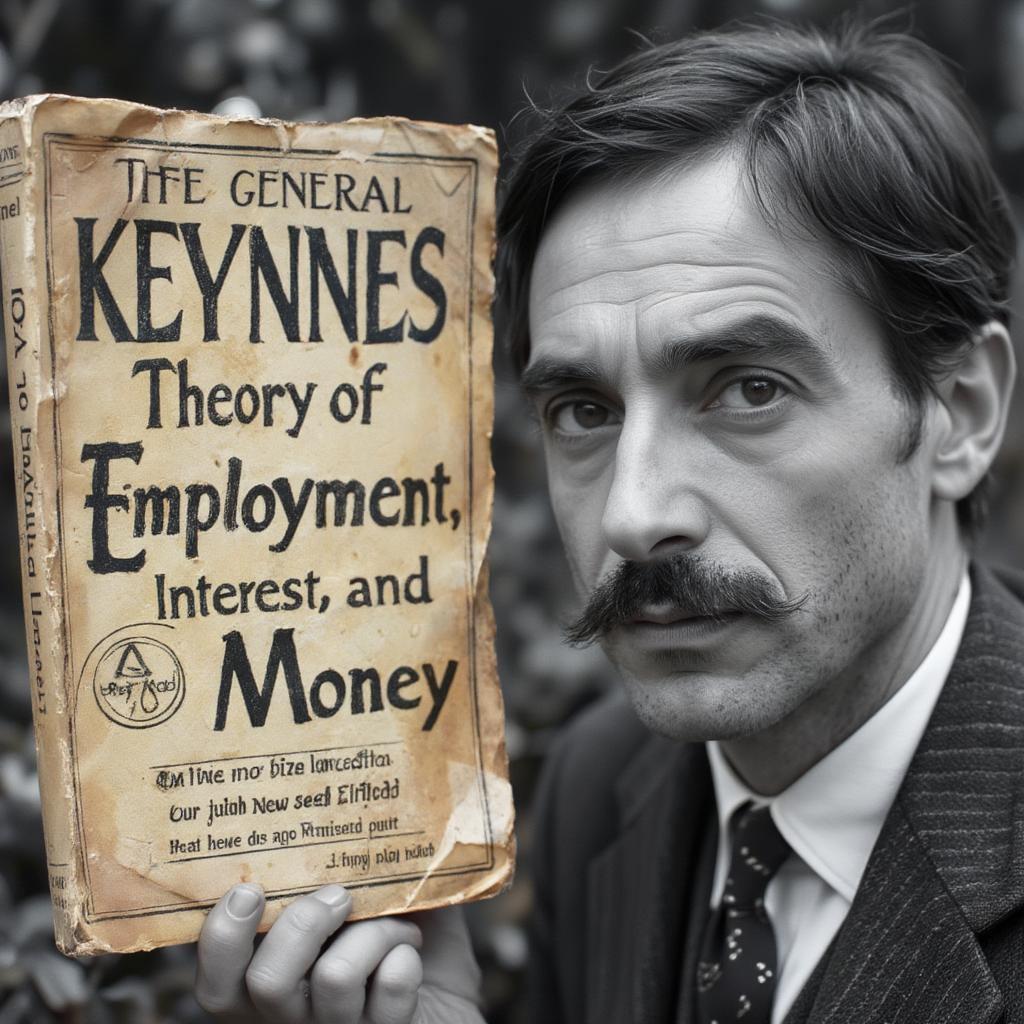John Maynard Keynes, a towering figure in 20th-century economics, revolutionized economic thought and policy. His ideas profoundly impacted governments worldwide, shaping their responses to economic crises and influencing the course of modern capitalism. This biography delves into Keynes’s life, career, and groundbreaking contributions to economic theory, exploring his enduring legacy and the continuing relevance of his ideas in today’s world.
Born in Cambridge, England, in 1883, Keynes demonstrated exceptional intellectual prowess from a young age. Educated at Eton and King’s College, Cambridge, he immersed himself in mathematics and philosophy, laying the groundwork for his future economic insights. Keynes’s early career included a brief stint in the British Civil Service, followed by a return to Cambridge as a lecturer. His experience during World War I, working in the Treasury, exposed him to the complexities of international finance and the devastating consequences of economic instability.
Keynes’s groundbreaking work, “The General Theory of Employment, Interest, and Money,” published in 1936, challenged the prevailing classical economic theories that advocated for minimal government intervention. He argued that during periods of economic downturn, governments should actively intervene to stimulate demand and create employment through fiscal policy measures like increased spending and tax cuts. This revolutionary concept, known as Keynesian economics, provided a framework for governments to manage their economies and mitigate the effects of recessions.
 John Maynard Keynes and The General Theory of Employment, Interest and Money
John Maynard Keynes and The General Theory of Employment, Interest and Money
Keynes’s influence extended beyond academia. He served as an advisor to the British government during both World Wars and played a pivotal role in the establishment of the Bretton Woods system after World War II. This system, which created the International Monetary Fund (IMF) and the World Bank, aimed to stabilize international currencies and promote economic cooperation. Keynes’s insights into international finance and his advocacy for international cooperation shaped the post-war economic order and laid the foundation for globalization.
Keynes’s contributions to economic theory and policy were not without their critics. Some argued that his emphasis on government intervention could lead to inflation and stifle free markets. However, even his detractors acknowledged the profound impact of his ideas on the field of economics. His work sparked ongoing debates about the role of government in the economy, debates that continue to shape economic policy discussions today.
 Keynes at the Bretton Woods Conference
Keynes at the Bretton Woods Conference
Keynes’s legacy extends far beyond his theoretical contributions. He was a skilled communicator, able to translate complex economic concepts into accessible language. He was also a visionary, anticipating the challenges and opportunities of a rapidly changing global economy. His emphasis on the importance of full employment, economic stability, and international cooperation remains highly relevant in the 21st century.
Keynes’s achievements continue to inspire economists, policymakers, and business leaders around the world. His work serves as a reminder of the power of innovative thinking and the importance of adapting economic policies to address the evolving challenges of our time. His insights remain essential for understanding the complexities of modern economies and for developing effective strategies to promote sustainable economic growth and prosperity. His focus on long-term economic stability and the well-being of society as a whole continues to be a guiding principle for policymakers striving to create a more just and equitable economic system.


